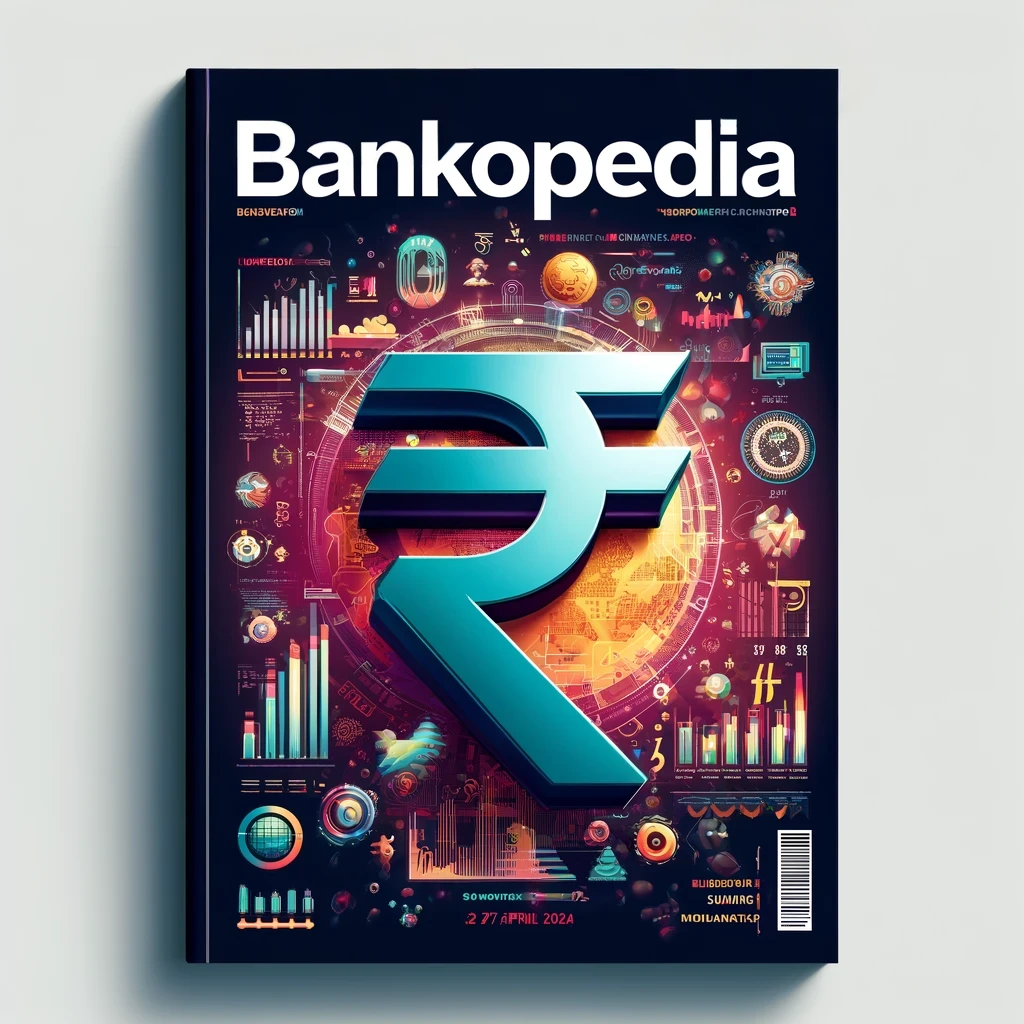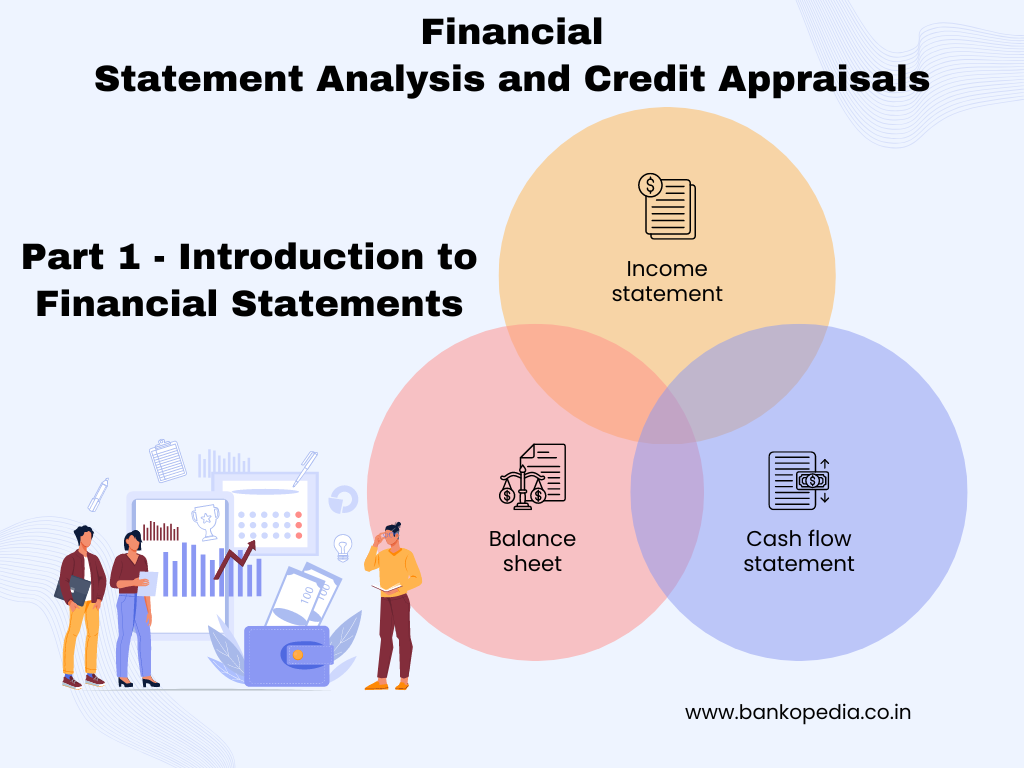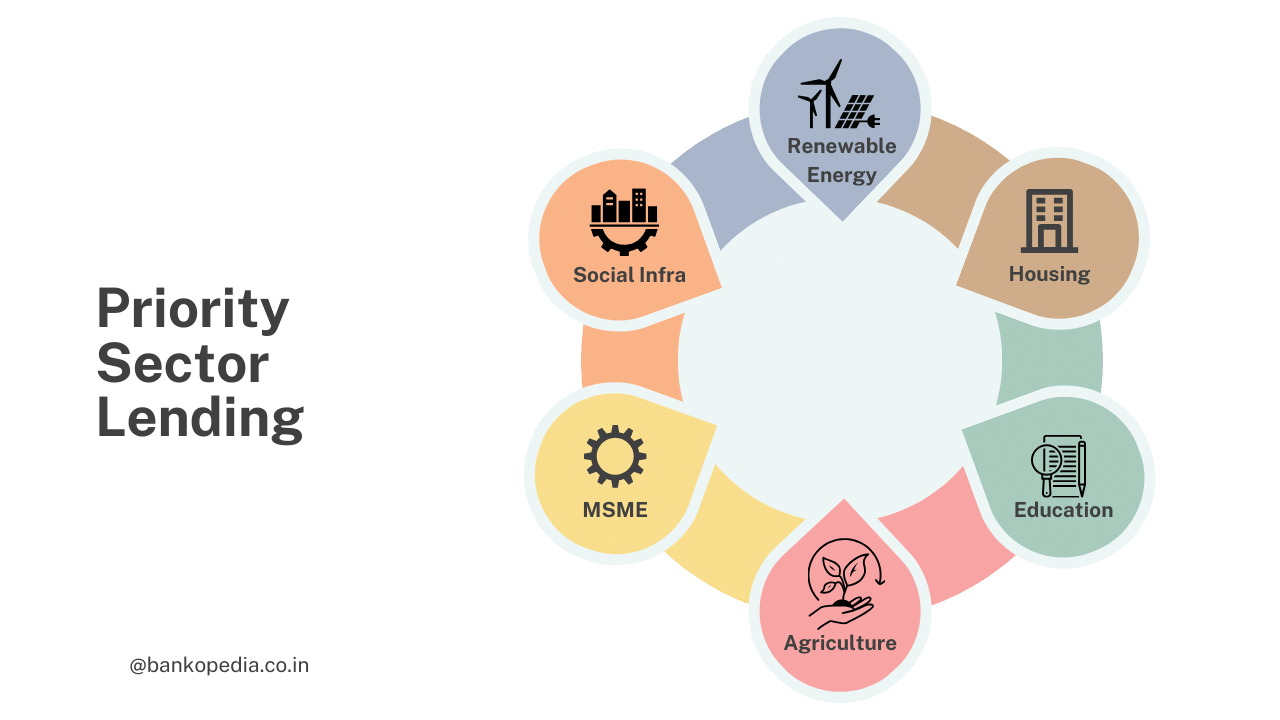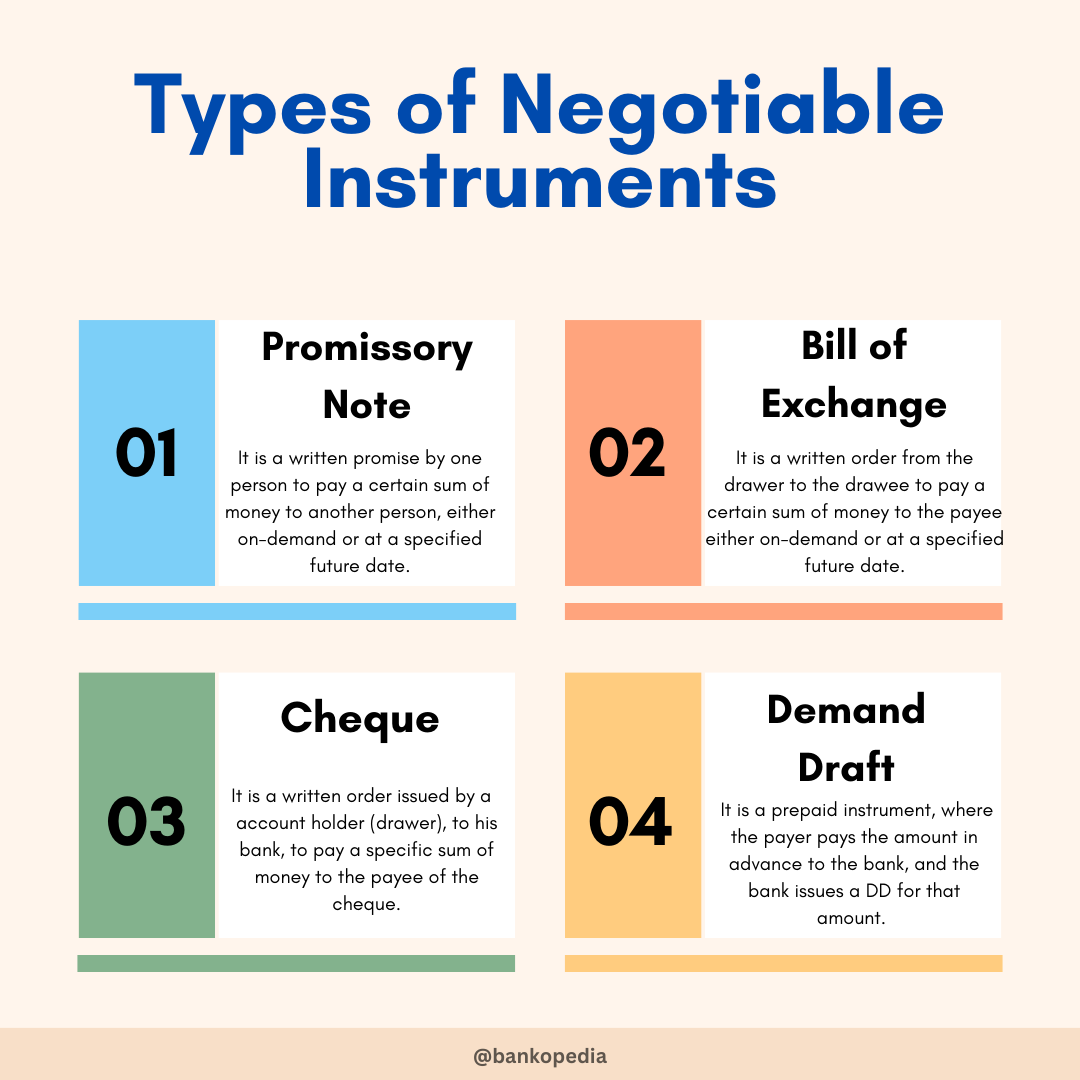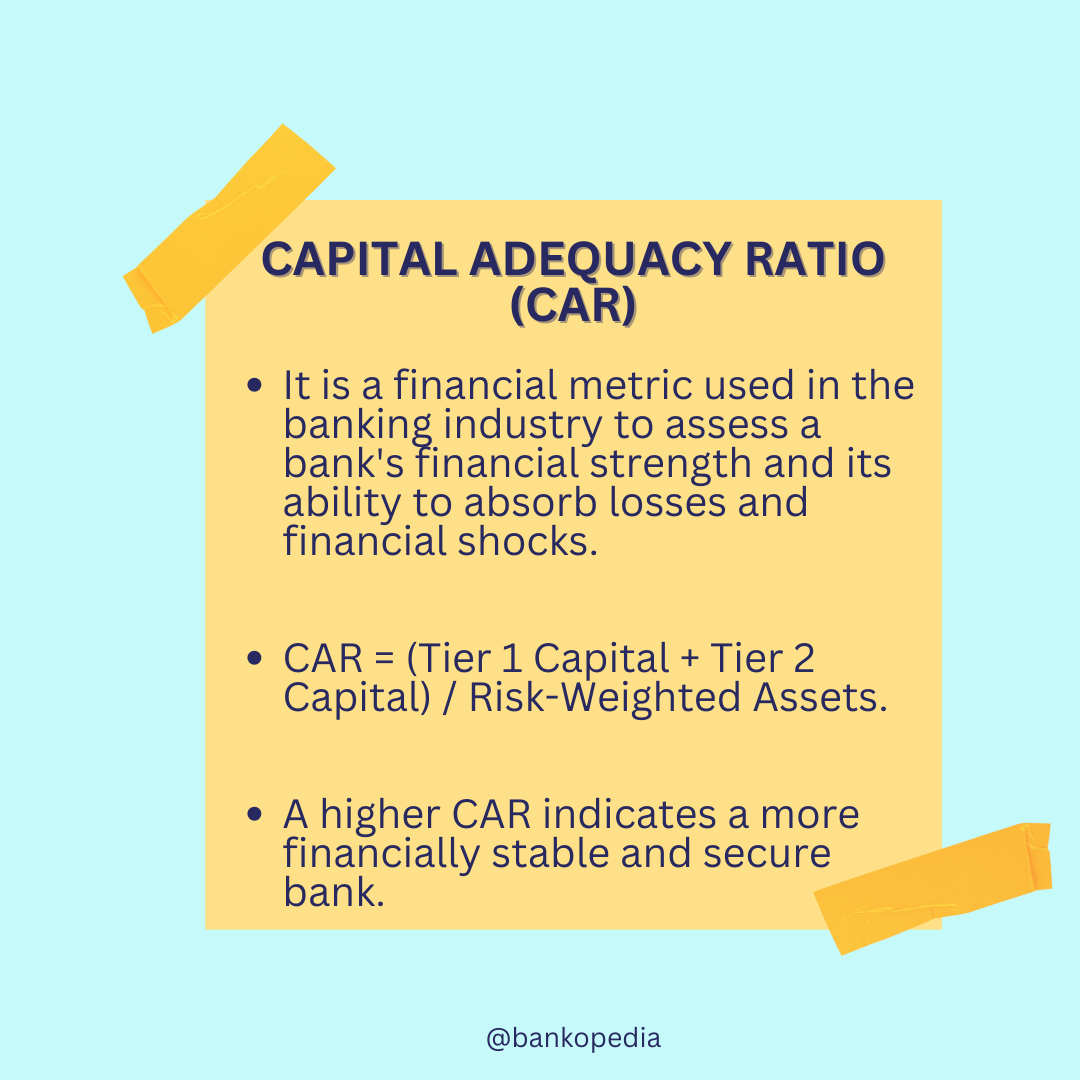Welcome to Daily Banking Digest, your premier source for the latest news and insights on April 27, 2024, focusing on banking, the economy, and finance. Our platform offers a comprehensive overview of the day’s most critical financial stories, market trends, and economic developments. Whether you’re a professional in the financial sector, an investor monitoring market movement, or someone interested in staying informed about the economic landscape, Daily Banking Digest provides reliable, up-to-date information.
Join our Telegram Channel for Daily PDF in your Inbox – Click Here
Table of Contents
ICICI Bank takes action on 17,000 credit cards following data breach.
ICICI Bank faced a technical glitch in its mobile banking application ‘iMobile’ that allowed users to view other customers’ card details, leading to the blocking of 17,000 credit cards. The glitch exposed card numbers, expiration dates, and CVVs, and also allowed users to modify card settings. The bank acknowledged the issue, blocked the affected cards, and assured compensation for any financial loss. The incident raised concerns about security protocols and data protection. The Reserve Bank of India had recently imposed sanctions on Kotak Mahindra Bank for IT-related concerns.

Key Points:
- Technical Glitch: ICICI Bank’s ‘iMobile’ app glitch exposed card details of other customers, prompting the blocking of 17,000 credit cards.
- Response and Actions: The bank acknowledged the issue, blocked the affected cards, and is issuing new ones to customers. No misuse instances reported, and compensation promised for any financial loss.
- Customer Concerns: Users raised concerns about security protocols and data protection following the incident.
- Regulatory Action: The incident occurred shortly after the RBI imposed sanctions on Kotak Mahindra Bank for IT-related concerns and failure to address them promptly.
MCA to Introduce Rules on ‘Deal Value Threshold’ for M&As in the Coming Month
The Corporate Affairs Ministry (MCA) is expected to introduce rules that would require offshore digital transactions over ₹2,000 crores to obtain prior approval from the Competition Commission of India (CCI). The rules are anticipated to be issued next month, allowing CCI to establish regulations for implementing the deal value threshold provision. The MCA may seek permission from the Election Commission of India to issue these rules during the general elections. The deal value threshold provision, introduced in the Competition (Amendment) Act 2023, aims to impact high-profile transactions in the digital industry and new age enterprises involved in M&A transactions.
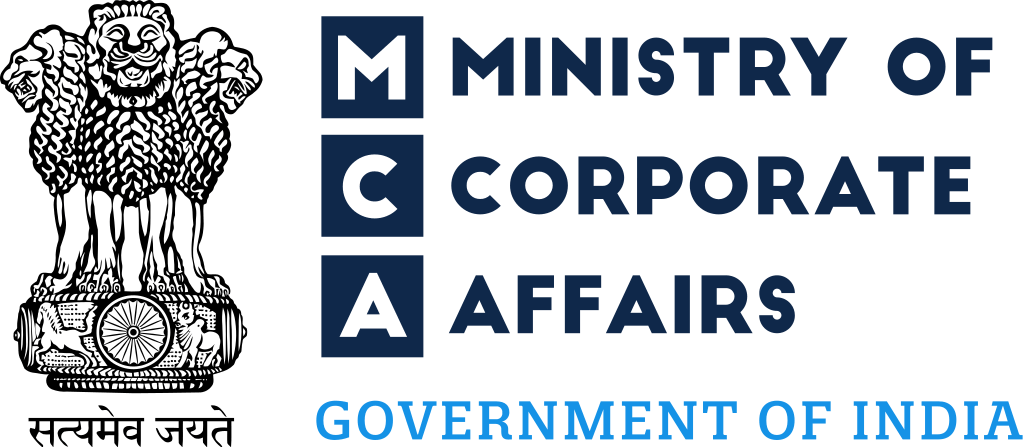
Key Points:
- MCA to introduce rules requiring approval for offshore digital transactions over ₹2,000 crores.
- CCI to establish regulations for implementing the deal value threshold provision.
- MCA may seek permission from the Election Commission of India during the general elections.
- The deal value threshold provision aims to impact high-profile transactions in the digital industry.
- CCI’s draft regulations outline criteria for determining significant business operations (SBO) in India.
- The move aligns with global trends in addressing enforcement gaps in the digital industry.
- The existing merger control regime in India employs traditional asset and turnover thresholds.
- The deal value-based threshold assessment regime was introduced through the Competition (Amendment) Act 2023.
Gender Gap Narrows as PAN Penetration Reaches 48% of Population
Nearly half of India’s population lacks a Permanent Account Number (PAN), but the gender gap in PAN holders is narrowing. Over 14 crore PANs face deactivation due to lack of Aadhaar linkage. The number of PANs has grown significantly since 2014, driven by mandatory requirements and ease of obtaining PAN.

Key Points:
Number of PAN Holders: – Over 74.67 crore PANs issued as of March 31, 2024. – 97-98% of PAN holders are individuals.
Gender Gap: – Male-female ratio of PAN holders has decreased from 1.96 in FY14 to 1.35 in FY24.
Reasons for PAN Growth: – Mandatory PAN requirement in financial transactions. – Higher TDS/TCS rates for non-PAN holders. – Ease of obtaining PAN.
PAN-Aadhaar Linkage: – Over 60.5 crore PANs linked with Aadhaar as of March 31, 2024. – Unlinked PANs become inoperative after June 30, 2023. – Late fee of ₹1,000 for linking after the deadline.
Consequences of Unlinked PAN: – No income tax refunds. – Higher TDS/TCS rates. – Hindrance to financial transactions.
Interchangeability of PAN and Aadhaar: – Aadhaar can be used in place of PAN for 18 mandatory financial transactions. – I-T Department automatically allocates PAN if Aadhaar is used without PAN.
India’s Growing Energy Needs: Addressing Demand with Enhanced Capacity and Resource Availability
India is projected to meet its rising power demand in April-June 2024 due to increased operating capacities, ample coal inventory, and higher utilization of gas-based plants. Despite the anticipated surge in demand, supply disruptions are expected to be minimal.
Key Points:
Demand: – Power demand to grow by 7-8% year over year in Q2 2024 due to industrial activity, GDP growth, and above-normal temperatures.
Supply: – India has an installed capacity of 218 GW of coal and lignite, 143.65 GW from renewables, 46 GW of hydro, and 8 GW of nuclear power. – Coal inventory levels are adequate at 17 days. – Gas-based plants are expected to be utilized more due to lower spot and term-market liquefied natural gas prices. – Thermal power plants’ PLFs are likely to remain high at around 70%.
Capacity: – Total generation capacity has increased by 10% to 442 GW as of March 2024. – 80% of the capacity increase is from renewable energy plants, which operate at lower PLFs.
Other: – Distribution utilities are expected to minimize supply disruptions during India’s general elections. – The Power Ministry has directed gas- and imported coal-based power stations to maintain availability.
Drought in South India Impacts Tea Production, Resulting in Reduced Auction Supplies
The South Indian tea plantations are facing a severe drought, leading to a significant drop in production. The absence of summer rains has caused tea leaves to wilt and bushes to be destroyed, resulting in crop damage. The production decline is reflected in lower arrivals at auction platforms, with a 40% decrease compared to last year. Despite strong demand for good liquoring teas, the industry is facing challenges due to the reduced production.

Key Points:
Drought Conditions: – Absence of summer rains has led to drought-like conditions in plantations. – Tea leaves are wilting and bushes are being destroyed, resulting in crop damage.
Production Decline: – Production has dropped significantly due to the drought. – Lower arrivals at auction platforms indicate the production decline. – Production is 40% lower compared to last year.
Auction Platform: – Lower arrivals of tea at auction platforms due to climatic conditions. – Strong demand for good liquoring teas has pushed up prices. – Blenders absorbed 63% of the quantity sold.
Orthodox Tea Market: – Strong demand for orthodox tea with a sales percentage of 97. – Exporters to CIS and Middle East countries provided support. – Upcountry exporters were more active than traditional shippers.
CTC Tea Market: – Strong demand for CTC tea with a sales percentage of 96. – Exporters were the main stakeholders.
ICAI Maintains CA Exam Schedule Amidst Ongoing Legal Challenge in Supreme Court
Despite a pending Supreme Court hearing on a postponement plea, the CA Institute has notified revised exam dates for the intermediate and final CA examinations. The exams will be held between May 2 and May 17, coinciding with the 2024 General Elections.
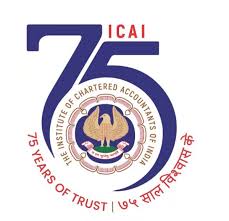
Key Points:
Revised Exam Dates: – Intermediate Course: May 3, 5, 9 (Group I); May 11, 15, 17 (Group II) – Final Course: May 2, 4, 8 (Group I); May 10, 14, 16 (Group II)
Supreme Court Hearing: – A hearing is scheduled for April 29 on a postponement plea filed by CA students.
Student Concerns: – Scheduling conflict between CA exams and General Elections 2024. – Difficulty in casting votes and preparing for exams during election time.
Previous Developments: – Delhi High Court dismissed a petition for exam postponement on April 8. – ICAI adjusted exam dates in March due to the elections.
International Taxation Assessment Test: – Revised dates: May 14 and 16, 2024.
Mattala Airport to Partner with Indian and Russian Firms for 30-Year Development
The Sri Lankan Cabinet has approved the handover of Mattala Rajapaksa International Airport’s management to a private sector company for 30 years. The selected company is a joint venture between Shaurya Aeronautics Pvt. Ltd. of India and Airports of Regions Management Company of Russia.

Key Points:
- Cabinet Approval: The Cabinet approved the proposal to hand over the airport’s management to the selected company.
- Selected Company: The joint venture between Shaurya Aeronautics Pvt. Ltd. and Airports of Regions Management Company will manage the airport for 30 years.
- EOI Process: The Cabinet had earlier invited Expressions of Interest (EOI) from interested parties, and five offers were received.
- Negotiating Committee: A Consensus Negotiating Committee appointed by the Cabinet recommended the selected company.
- Related Topics: The article is related to airports, Sri Lanka, Russia, and India.
CSB Bank’s Net Profit Dips 3% to ₹151 Crore in Q4 FY24
CSB Bank’s net profit for the fourth quarter of FY24 declined by 3% to ₹151 crore, primarily due to increased interest expenses and operating costs. However, the bank reported growth in net interest income and non-interest income. Despite economic challenges, the bank maintained a strong financial performance, posting a full-year net profit of ₹567 crore, driven by business growth and deposit expansion.

Key Points:
Net Profit: – Declined by 3% to ₹151 crore in Q4 FY24.
Net Interest Income: – Increased by 11% to ₹386 crore in Q4 FY24.
Non-Interest Income: – Jumped by 56% to ₹197 crore in Q4 FY24.
Total Operating Expenditure: – Increased significantly, contributing to the decline in net profit.
Full-Year Performance: – Net profit of ₹567 crore for FY24, up from ₹547 crore in FY23. – 20% growth in business. – 18% growth in net loan book. – 21% growth in deposits.
HCLTech’s Q4 FY24 Net Profit Remains Unchanged at ₹3,986 Crore
HCL Technologies reported a marginal increase in net profit for Q4 FY24, with revenue growing by 7.11% year-over-year. The company provided guidance of 3-5% revenue growth and an EBIT margin of 18-19% for FY25. HCLTech continues to focus on sustainability and community initiatives.

Key Points
Revenue – Consolidated revenue for Q4 FY24 grew by 7.11% to ₹28,499 crore. – Revenue guidance for FY25 is 3-5% growth in constant currency terms.
Profitability – Net profit for Q4 FY24 was ₹3,986 crore, a marginal increase year-over-year. – EBIT margin guidance for FY25 is 18-19%.
Deals – HCLTech won 22 deals worth $100+ and 46 deals worth $50+ in Q4 FY24.
Attrition – Attrition rate decreased to 12.4% by the end of March 2024.
Dividend – Interim dividend of ₹18 per equity share declared for FY25.
RBI’s Regulatory Action Impacts Kotak Mahindra Bank’s Credit Card Growth and Profitability: S&P Global
RBI’s regulatory action against Kotak Mahindra Bank, restricting new customer onboarding and credit card issuance, could hinder the bank’s credit growth and profitability. However, the impact on the bank’s ratings is expected to be minimal due to the small contribution of credit cards to its loan portfolio. Kotak Bank is anticipated to take approximately a year to address RBI’s concerns regarding systems stability and disaster recovery.
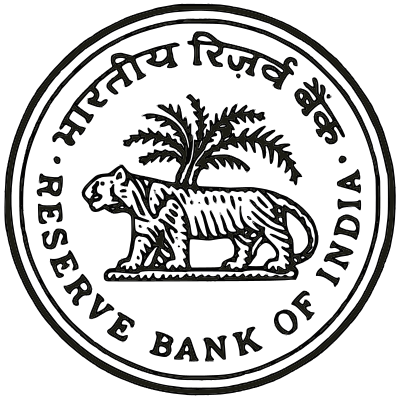
Key Points:
Impact on Credit Growth and Profitability:
- Credit cards are a high-growth segment for Kotak Bank, with a 52% growth rate as of December 2023.
- RBI’s action may force the bank to rely more on physical branch expansion, leading to higher operating costs.
Impact on Ratings:
- The regulatory action is not expected to materially affect Kotak Bank’s ratings due to the small size of its credit card portfolio (4% of total loans).
- The bank can still cross-sell other products to existing customers.
Timeline for Addressing Concerns:
- S&P Global estimates that Kotak Bank may take a year to fully address RBI’s concerns.
Past Precedent:
- In 2020, HDFC Bank took over a year to meet RBI’s requirements after a similar restriction on new credit card customers.
Technological Enhancements:
- Kotak Bank has made progress in technological enhancements, including hiring senior executives in key positions.
- However, implementing changes and conducting external audits will take time.
Regulatory Commitment:
- RBI’s actions reflect its commitment to strengthening the financial sector and reducing tolerance for operational deficiencies.
- Systems stability and disaster recovery planning are becoming increasingly important in India’s rapidly growing digital transaction landscape.
NBFC Commercial Paper Issuances Surge to Four-Year Peak
The Reserve Bank of India’s mandate to increase risk weights on bank loans to higher-rated NBFCs has led to a surge in quarterly commercial paper (CP) issuances by NBFCs. Improved investor confidence due to healthy liquidity, stronger balance sheets, and stable asset quality of NBFCs has also contributed to this increase. While banks remain the dominant funding source, NBFCs are diversifying their resource profile by increasing the share of CPs.
Key Points:
1. Increased CP Issuances: – CP issuances by NBFCs reached a four-and-a-half-year high of ₹1.2-lakh crore in January-March 2024. – This is still lower than the pre-pandemic high of ₹3.1-lakh crore in July-September 2018.
2. Improved Investor Confidence: – Healthy liquidity, stronger balance sheets, and stable asset quality of NBFCs have boosted investor confidence.
3. Diversification of Funding Sources: – NBFCs are looking to diversify their funding sources due to increased risk weights on bank funding. – The share of CPs in the overall funding mix is expected to rise over the medium term.
4. Parent-Backed NBFCs Dominate CP Volume: – NBFCs backed by parent companies constitute almost 80% of the CP volume.
5. Longer Tenure CP Issuances: – NBFCs are issuing longer tenure CPs compared to the past. – The proportion of CP issuances with maturities of up to 2 months has decreased from 33% in July-September 2019 to 10% in January-March 2024.
IRDAI Considers Pricing Bima Vistar Insurance Plan at ₹1,500 per Individual
The Insurance Regulatory and Development Authority of India (IRDAI) has proposed the launch of “Bima Vistar,” an affordable all-in-one insurance product. The product will offer comprehensive coverage across life, health, personal accident, and property, with a premium of approximately ₹1500 per individual. The claim settlement process will vary depending on the segment, with parametric payouts for property claims. Agents selling Bima Vistar policies will receive a 10% commission to incentivize distribution.

Key Points:
Pricing and Coverage: – Premium: ₹1500 per individual – Coverage: Life, health, personal accident, and property – Sum assured: ₹2 lakh for life, personal accident, and property; ₹500 per day for health cover (up to ₹5,000)
Claim Settlement: – Property claims: Parametric payouts based on event magnitude – Other claims: Standard claim settlement procedures
Distribution and Incentives: – Agents: 10% commission for selling Bima Vistar policies
Other Discussions: – Bima Sugam: One-stop digital insurance platform – Changes in lower-charges and higher surrender value – Progress of Lead insurer for states
National Pension System (NPS) Assets Witness a Significant 27.85% Year-over-Year Growth, Reaching ₹11.73 Lakh Crore as of April 20
National Pension System (NPS) assets under management (AUM) witnessed a significant 27.85% growth to ₹11.73 lakh crore as of April 20, 2024, driven by strong equity markets. The non-government sector contributed significantly to this growth, with a 38.88% increase in NPS assets. Despite the overall growth, the number of new NPS and APY subscribers remained low in the first twenty days of April.

Key Points
Growth in NPS AUM – 27.85% y-o-y growth in NPS AUM to ₹11.73 lakh crore as of April 20, 2024. – Non-government sector saw a 38.88% growth in NPS assets, while the government sector grew by 25.35%.
Subscriber Base – Total NPS and APY subscribers reached 7.37 crore, a 16.31% increase from a year ago. – Non-government sector contributed 8.75 lakh new subscribers, while the government sector added 7.11 lakh.
Equity Returns – Pension Funds recorded an average annual return of 33.13% in equities as of April 19, 2024. – Equity assets constitute around 18% of overall AUM, with higher allocation in the non-government sector.
Growth Drivers – Buoyant equity markets and widening NPS subscriber base have contributed to the robust growth in NPS assets. – Heightened awareness campaigns have also played a role.
Challenges – Growth in the retail segment has slowed down due to the adoption of the new tax regime.
RBI Tightens Regulations for Loan Service Providers Offering Diverse Loan Products
The Reserve Bank of India (RBI) has proposed a framework for loan product aggregation by lending service providers (LSPs) to enhance transparency for borrowers. The framework aims to provide borrowers with upfront information about potential lenders, including loan terms and conditions, to facilitate informed decision-making.

Key Points
1. Objective of the Framework – To ensure complete transparency in the credit intermediation process.
2. Role of LSPs – LSPs offer aggregation services for loan products through outsourcing arrangements with multiple lenders. – They must provide a digital view of all loan offers available from willing and partner LSPs.
3. Content of the Digital View – Names of the lending entities – Loan amount and tenor – Annual Percentage Rate (APR) – Key terms and conditions – Link to the key facts statement (KFS) of each lender
4. Unbiased Presentation – LSPs must avoid promoting or pushing products of particular lenders. – They must not use deceptive practices or “dark patterns” to mislead borrowers.
5. Benefits of the Framework – Informed decision-making for borrowers – Transparency among customers and lenders – Fostering trust and responsible practices in the digital lending ecosystem
Maruti Suzuki’s Q4 Profit Surges 48% to Rs 3,878 Crore, Exceeding Expectations
Maruti Suzuki India Limited (MSIL) reported a strong financial performance for the quarter and full year ended March 31, 2024. The company’s net profit surged by 48% YoY to Rs 3,878 crore in Q4FY24, exceeding market expectations. For the full year, the profit after tax increased by over 64% YoY to Rs 13,209 crore. The company’s sales volume also witnessed a 13% jump in Q4FY24, driven by strong demand for its utility vehicles.
Key Points:
Net Profit: – Q4FY24 net profit: Rs 3,878 crore, up 48% YoY – FY24 net profit: Rs 13,209 crore, up 64% YoY
Revenue: – Q4FY24 revenue: Rs 1,40,933 crore, up 20% YoY – FY24 revenue: Rs 1,17,523 crore, up 20% YoY
Sales Volume: – Q4FY24 sales volume: 5,84,031 units, up 13% YoY – Domestic sales: 5,05,291 units, up 12% YoY – Exports: 78,740 units, up 22% YoY
Margins: – Q4FY24 margins improved due to lower material costs
Segment Performance: – Utility Vehicles (UVs): 71.5% YoY growth – Mini, midsize, and light commercial vehicles (LCVs): Negative growth
Dividend: – Final dividend of Rs 125 per share recommended for FY23-24
Tata Electronics Embarks on Advanced Manufacturing for iPhone Casing Production
Tata Electronics, a significant player in assembling iPhone enclosures in India, is now developing complex high-precision machines domestically to produce iPhone casings. This move aims to reduce dependence on imports, boost local manufacturing capabilities, and support the government’s electronics export target.
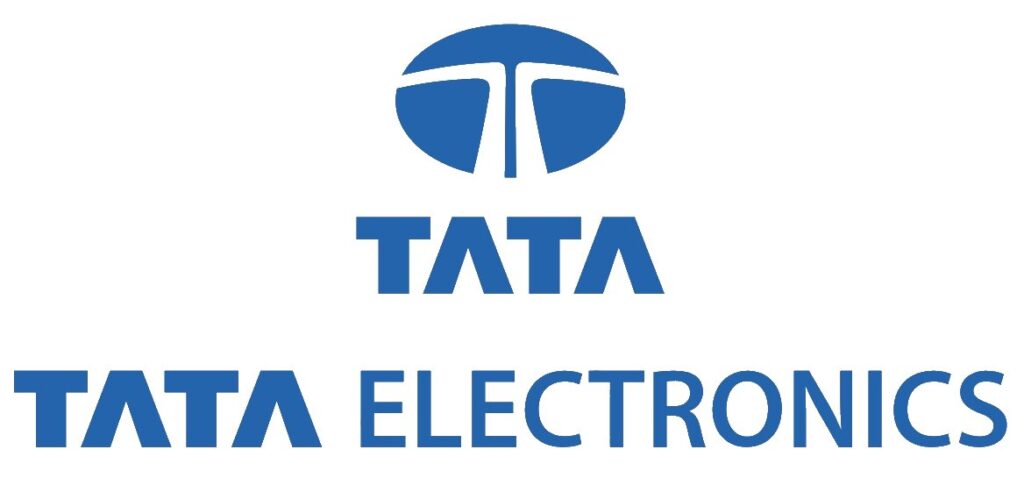
Key Points:
1. Domestic Machine Development: – Tata Electronics is developing sophisticated machines for iPhone casing production in collaboration with Indian manufacturers.
2. Export Potential: – The company plans to export these complex machines in the future, providing impetus to India’s electronics export target.
3. Ecosystem Development: – Tata Electronics aims to develop the manufacturing ecosystem in India by reducing reliance on specific parts.
4. Boost to Indian Manufacturing: – Experts believe this move could significantly enhance India’s manufacturing capabilities.
5. Import Substitution: – Tata Electronics aims to substitute imports by manufacturing these machines domestically.
6. High-Quality Standards: – The machines will adhere to Apple’s stringent standards, ensuring high quality.
7. Maturity Curve: – Indian manufacturers are at varying levels of capability to execute the plan, and it will take time for export to become a reality.
8. Government Support: – The government and industry bodies are prioritizing supply chain diversification and de-risking.
9. Capital Goods Development: – Developing key capital goods is crucial for the electronics industry in India.
NCLT Greenlights Chemhub’s Revival Plan for Pancard Clubs
The National Company Law Tribunal (NCLT) has approved Chemhub Tradelink’s resolution plan for Pancard Clubs, a company with debt claims of around Rs 8,900 crore. The plan, which was approved with 100% majority in the committee of creditors, includes a total payout of Rs 707 crore, with a large portion allocated for creditors’ settlements. The successful bidder, Chemhub Tradelink, has proposed upfront and deferred payments over several years.
Key Points:
- Approval of Resolution Plan: NCLT approves Chemhub Tradelink’s resolution plan for Pancard Clubs.
- Debt Claims: Pancard Clubs has debt claims of around Rs 8,900 crore.
- Recovery for Creditors: The plan leads to an 8% recovery for creditors.
- Total Payout: The plan includes a total payout of Rs 707 crore.
- Creditors’ Settlements: A large portion of the payout, around Rs 697 crore, is allocated for creditors’ settlements.
- Upfront Payments: The successful bidder will pay Rs 10 crore toward CIRP costs and Rs 15 crore to financial creditors upfront.
- Deferred Payments: A structured deferred payment plan of Rs 46.22 crore, spread over three years, is proposed.
- Net Recovery Sharing: The plan includes provisions for sharing a percentage of net recovery amounts, with a minimum committed payout of Rs 200 crores.
- Unique Case: The case is unique due to the large number of small investors involved.
- Relief for Investors: Small investors will get relief and receive their dues under the plan.
Industry Body Urges Government to Establish a Dedicated Commercial Bank for Enhanced Credit Access to MSMEs
The Federation of Indian Micro and Small & Medium Enterprises (FISME) has proposed several measures to support the MSME sector, including the establishment of a dedicated commercial bank, a law to address delayed payments, and an equity guarantee fund trust. These proposals aim to address the challenges faced by MSMEs in accessing credit and equity financing, thereby fostering their growth and preventing them from remaining “dwarfs.”
Key Points:
- Dedicated Commercial Bank:
- FISME proposes the establishment of a dedicated commercial bank to facilitate credit flow to MSMEs.
- Law on Delayed Payments:
- The federation recommends introducing a law to address the issue of delayed payments faced by MSMEs.
- Equity Guarantee Fund Trust:
- FISME suggests setting up an equity guarantee fund trust to cover risks associated with equity financing for MSMEs.
- Equity Financing as an Alternative:
- The submission highlights the potential of equity financing as an alternative capital-raising route for MSMEs.
- Addressing the “Missing Middle”:
- The proposals aim to resolve the “missing middle” issue, where small businesses fail to grow into medium-sized enterprises due to lack of support.
Empowering Public Sector Banks to Issue Lookout Circulars
The Indian government is considering granting banks the legal authority to issue lookout circulars (LOCs) to prevent loan defaulters from leaving the country. This move follows a Bombay High Court ruling that public sector banks (PSBs) lack the power to recommend or request LOCs against defaulting borrowers. The government may amend existing laws, such as the Banking Regulations Act and the Fugitive Economic Offenders Act, to confer this authority on banks.
Key Points:
Bombay High Court Ruling: – PSBs do not have the power to issue LOCs against defaulting borrowers.
Government’s Response: – Reviewing the Bombay High Court order and considering providing legal status to the office memorandum allowing PSBs to issue LOCs. – May amend existing laws to grant banks this authority.
Common Framework for LOC Issuance: – Initial deliberations on a common framework with objective criteria for PSBs to meet before seeking LOCs. – Criteria may include sending prior legal notices, documenting responses, and assessing flight risk with other agencies.
Reserve Bank of India’s Response: – No response to queries.
Potential Appeal and Supreme Court Verdict: – Ruling may be appealed, and a decision will be made based on the Supreme Court’s verdict.
Delhi High Court’s Previous Ruling: – Banks cannot use LOCs as a measure to recover money if other remedies under the Sarfaesi Act and Insolvency and Bankruptcy Code are insufficient.
RBI Establishes Criteria for Small Finance Banks Aspiring to Become Universal Banks
The Reserve Bank of India (RBI) has established eligibility criteria for small finance banks (SFBs) seeking to transition to universal banking licenses. To qualify, SFBs must meet specific financial performance and net worth requirements.

Key Points:
Eligibility Criteria:
- Net worth of at least ₹1,000 crore
- Listed and profitable for the last two fiscals
- Gross non-performing assets ratio below 3% for the last two fiscals
- Net non-performing assets ratio below 1% for the last two fiscals
Eligible SFBs:
- AU Small Finance Bank
- Ujjivan Small Finance Bank (pending FY24 results)
Other Requirements:
- Detailed rationale for seeking universal banking license
- Minimum five-year track record as an SFB
- Satisfactory performance in RBI’s due diligence exercise
- Preference for banks with diversified loan portfolios
- No mandatory requirement for an identified promoter
RBI Maintains FPI Investment Limit in Government Securities at 6%
The Reserve Bank of India (RBI) has announced that the limits for Foreign Portfolio Investor (FPI) investment in government securities, state development loans, and corporate bonds will remain unchanged for the current fiscal year (2024-25). The limits are set at 6%, 2%, and 15%, respectively, of the outstanding stocks of securities.

Key Points:
- FPI Investment Limits Unchanged:
- Government securities: 6%
- State development loans: 2%
- Corporate bonds: 15%
- Allocation of G-Sec Limit:
- 50:50 split between ‘General’ and ‘Long-term’ sub-categories
- SDL Limit Allocation:
- Entire increase added to the ‘General’ sub-category
- CDS Limit for FPIs:
- 5% of outstanding stock of corporate bonds
- Additional limit of Rs 2,54,500 crore for 2024-25
SEBI Permits AIFs to Pledge Shares in Infrastructure-Investing Companies
The Securities and Exchange Board of India (Sebi) has introduced new regulations to facilitate ease of doing business for Alternative Investment Funds (AIFs) and provide flexibility in dealing with unliquidated investments.

Key Points:
1. Pledging of Shares in Infrastructure Sector:
- AIFs can now pledge their shares in investee companies in the infrastructure sector to raise funds for project finance.
- This move aims to support infrastructure development and provide flexibility to AIFs.
2. Flexibility for Unliquidated Investments:
- AIFs can distribute unsold investments to investors or go into dissolution during the liquidation phase.
- Investor consent of at least 75% by value is required for dissolution.
- If investors do not agree, Sebi will make the decision on the investments.
- AIFs must arrange bids for at least 25% of the unliquidated investments’ value before seeking investor consent.
- Two independent valuers must assess the unliquidated investments.
3. Extension of Liquidation Period:
- AIF schemes with expired or expiring liquidation periods by July 24, 2024, will receive a one-time extension until April 24, 2025.
- This extension is only for schemes without unresolved investor complaints regarding non-receipt of funds or securities.
4. Compliance for Foreign-Invested AIFs:
- Foreign-invested AIFs must comply with RBI regulations.
- AIFs are not liable beyond the encumbered equity in case of borrower default.
- AIFs cannot offer guarantees for investee companies.
5. Prohibition on Encumbrances on Foreign Investments:
- AIFs are prohibited from creating encumbrances on their investments in foreign investee companies.
Four Entities Settle Front Running Case with Sebi for Rs 3 Crore
Four entities, including Maxgrow Fintrade, have settled a case with Sebi for suspected front-running of trades. They agreed to pay nearly Rs 3 crore in settlement charges and comply with other conditions, including disgorgement of unlawful gains and voluntary debarment from the securities market.
Key Points:
- Entities Involved: Maxgrow Fintrade, Bhavin Pankaj Doshi, Nitesh Kumar Jain, and Atish Shah
- Settlement Amount: Nearly Rs 3 crore
- Disgorgement of Unlawful Gain: Rs 85.12 lakh to be paid jointly and severally
- Voluntary Debarment: Six months from the securities market for each applicant
- Alleged Violations: Front-running of trades, acting as a tipper, and acting as an information carrier
- Show Cause Notice: Issued by Sebi in April 2023
- Investigation Period: February 2021 to December 2021
- Individual Settlement Amounts:
- Maxgrow Fintrade: Rs 96.08 lakh
- Jain: Rs 68.9 lakh
- Doshi and Shah: Rs 62.4 lakh each
BSE Anticipates Increased Regulatory Fees Due to Surge in Options Trading Volume
The Bombay Stock Exchange (BSE) faces a significant increase in regulatory fees payable to the Securities and Exchange Board of India (Sebi) due to a clarification on the calculation of turnover charges on options volume. Sebi has directed the BSE to pay fees based on the “notional value” of annual turnover, which is higher than the “premium turnover” on which the BSE has been paying fees.
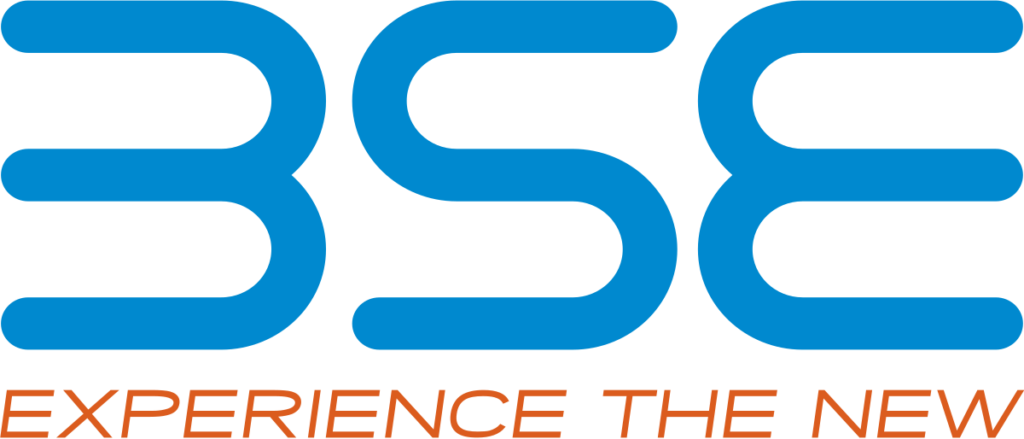
Key Points:
- Regulatory Fee Calculation: Sebi has clarified that the regulatory fee on options volume should be calculated based on the notional value of annual turnover.
- Notional vs. Premium Turnover: Notional turnover refers to the total strike price of contracts traded, while premium turnover is the total premium paid on contracts traded. Notional turnover is higher than premium turnover.
- NSE vs. BSE: The National Stock Exchange (NSE) has been paying the regulatory fee on notional value, while the BSE has been paying on premium turnover.
- BSE’s Potential Outgo: The BSE may have to pay approximately Rs 100 crore to Sebi as a regulatory fee due to the change in calculation method.
- BSE’s Market Share and Revenue: The BSE has gained market share in derivatives since relaunching its index derivatives. Its revenue from transaction charges has also increased significantly.
- Stock Performance: BSE shares have rallied over six-fold in the last year due to its strong performance in the derivatives segment.
